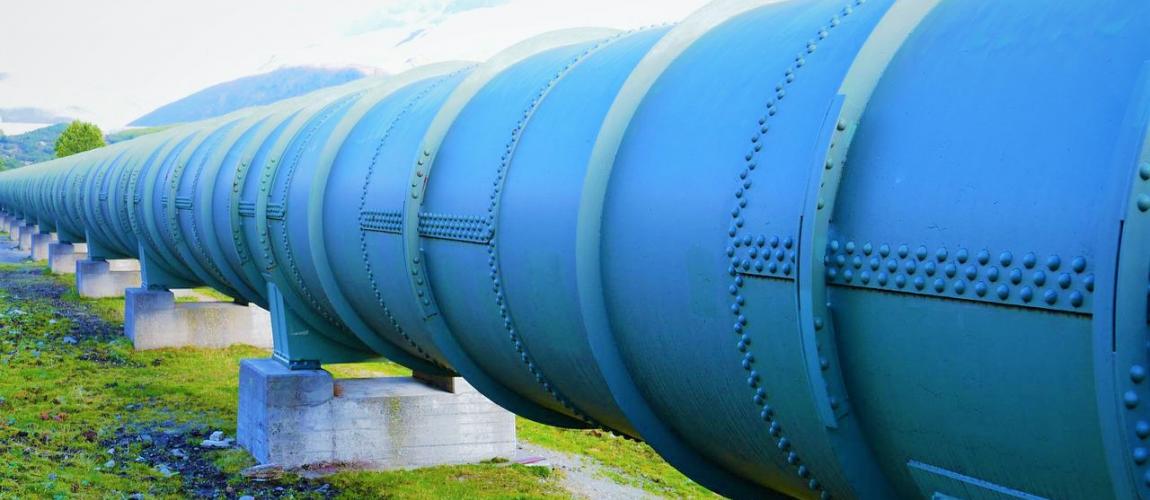Contracting Tools for Non-Revenue Water Reduction

Photo Credit: Image by Pixabay
What is Non-Revenue Water (NRW)?
When water is processed and distributed to customers, not all of it is paid for. We call this non-revenue water—or NRW. Technically, it is the difference between the volume of water that is treated and distributed and the volume billed to consumers. NRW is an expensive problem—globally, about $14 billion is lost in annual revenue, which hurts both utility cash flow and indirectly, customers.
Performance-Based Contracting Tools for Non-Revenue Water Reduction
In this Section you will find more on Performance-based contracts and Project Preparation, Resources, Case Studies and Training:
- Performance-Based Contracting Tools for Non-Revenue Water Reduction Project Preparation Process
- Performance-Based Contracting Tools for Non-Revenue Water Reduction Tools & Resources
- Performance-Based Contracting Tools for Non-Revenue Water Reduction Case Studies
- Performance-Based Contracting Tools for Non-Revenue Water Reduction Training
The section is developed by the following partner:
Benefits of Reducing Non-Revenue Water Key Sources of Non-Revenue Water Despite the benefits, however, many utilities struggle to achieve significant reductions because they lack the necessary capital, equipment, and expertise. Reducing Non-Revenue Water through Performance-Based Contracts Performance-based contracts (or PBCs) are one way to tackle NRW, especially when resources are tight, when capacity is not available or when the utility has a significant backlog that it needs an extra hand with. Analysis shows that NRW-PBCs are about 70 percent more effective in achieving NRW reduction than utility-led NRW reduction programs. PBCs are not PPPs, they are an incentivized form of service contract. Under a PBC, a public utility partners only shifts the responsibility for reducing NRW to a private company. However, PBCs are not an appropriate in every case. If the PBC is to be successful and cost effective, the underlying reasons for the NRW, the costs and benefits of reduction, and the contractual specifics must all be clearly specified.
Updated: May 24, 2024
Table of Content
What is Non-Revenue Water?
Related Content
Additional Resources
Select WBG PPP Toolkits
Featured Section LinksEnergy & Power PPP Toolkits
Transportation PPP Toolkits
Municipal Solid Waste and Waste Management PPP Toolkits
Water & Sanitation PPP Toolkits
Municipal Solid Waste and Waste Management PPP Toolkits
UNDP - Toolkit for Pro-Poor Municipal PPPs
Climate Change Toolkits
Gender PPP Toolkit
Other PPP Toolkits